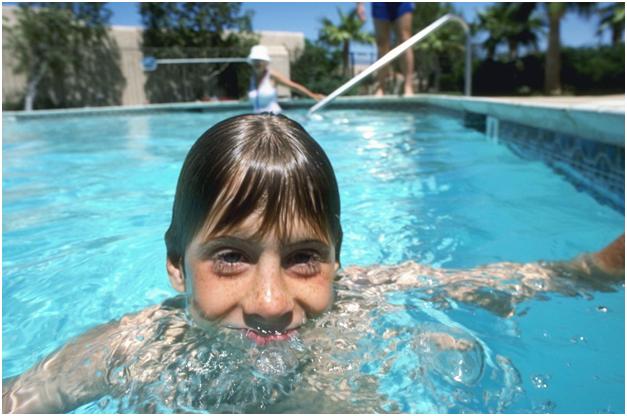New Law Sets Guidelines for Protecting Young Athletes
Governor Tom Corbett traveled to Visitation BVM Elementary in Norristown Wednesday to sign House Bill 1610 into law. It’s designed to protect young athletes from Sudden Cardiac Arrest.
Darren Sudman lost his 3 month old son Simon to Sudden Cardiac Arrest and set out to find ways to protect other children. He says the new law will make a difference, by making parents aware of the risks.
The new law mandates that coaches complete a training course once a year. Students who want to take part in athletics will have to take home a list of symptoms and their parents will have to read it and sign it. Children who show symptoms will have to be screened by a medical professional before being allowed to return to sports. Warning signs can include fainting, shortness of breath, chest pains, dizziness and a racing heart rate.
The new law takes effect in 60 days. It was sponsored by Representative Mike Vereb (R-Montgomery).
Vereb says the bill is education, it’s awareness, it’s making Sudden Cardiac Arrest a household conversation.
Governor Corbett says the bill includes guidelines to inform students, parents and coaches about the warning signs. He says the law will mean that once coaches spot those signs, they’ll take the student out of the game.
The Governor was surrounded by parents who had lost a child to Sudden Cardiac Arrest as he signed HB 1610 into law. He said it’s a law of prevention born of very painful loss and the spirit of generosity from these families who have seen beyond their own sorrow and have found hope for others.
Sudman said the legislation will be the hand print of Simon and Representative Vereb on the hearts of children throughout Pennsylvania. The Sudman Family, through Simon’s Fund, helps provide free screenings to children in the Greater Philadelphia area.











